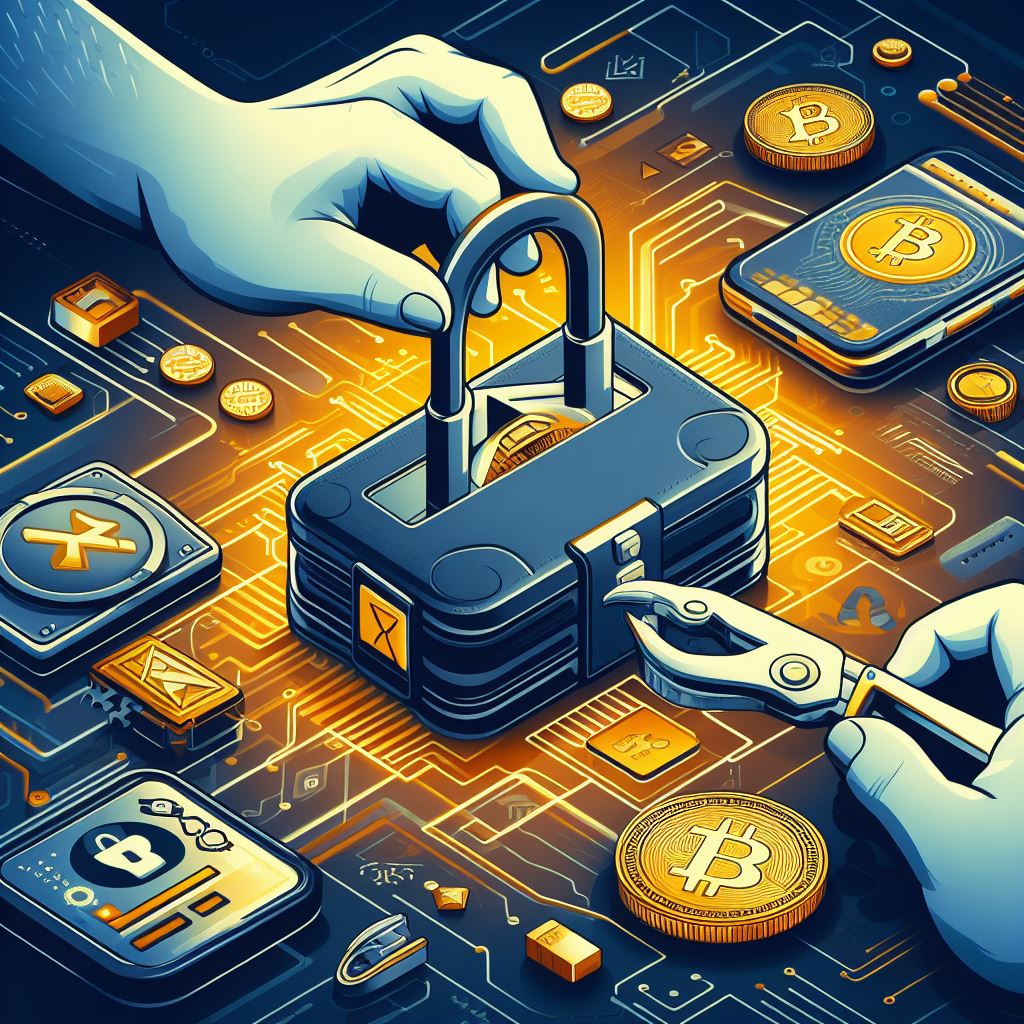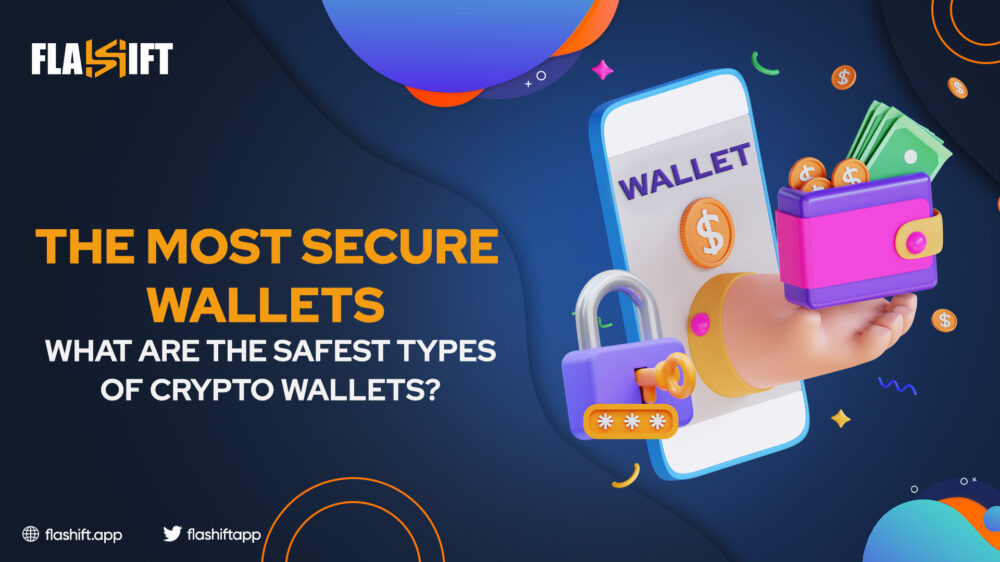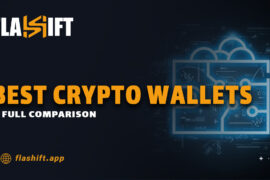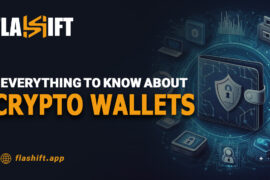Crypto wallets are a secure way to keep the digital currency, but they operate distinctly from putting money into a billfold. Additionally, there are several alternatives to pick from—the initial phase is determining which of them best meets your requirements. Various crypto wallets support different sorts of coins—most support Bitcoin, others just Ethereum, and a handful are capable of holding any kind of cryptocurrency—and they come in two kinds: hot wallets (internet-enabled) and cold wallets (offline).
What is DEX and how does it work?

A crypto wallet, additionally referred to as a wallet for digital currencies, is a piece of program that contains both public and private keys for interacting with a distributed ledger called blockchain and managing the digital currency. It enables consumers to transmit, acquire, and deposit currencies that include Bitcoin, Ethereum, and others.
- Hot crypto wallets are internet-connected. They are frequently accessible as a separate product—a “programming wallet”—or as a component of a cryptocurrency exchange—a “transfer wallet.” Hot wallets allow it to be simple to carry out digital currency transactions. Hot wallets, on the other hand, tend to be more susceptible to cybercriminals because they are stored online. As a result, some users choose to store their cryptocurrency in cold vaults as a solution for the foreseeable future.
Market Frictions And Price Delay In Cryptocurrency Markets
- Cold crypto wallets are actual gadgets which are meant for storing cryptocurrency in a manner which is not linked to the web, hence increasing safety. They are primarily tangible items, with some resembling USB sticks. A cold wallet, in whatever shape it takes, keeps your crypto keys cold. This significantly minimizes the dangers of malware, but cold wallets miss most of the extra integration and trade functions seen in hot wallets.
Factors determining how safe a crypto wallet is
- The stablecoins. The amount of notable stablecoins that are backed, with a focus on Tether, USDC, Dai, TrueUSD, and Paxos Standards.
- The best cryptocurrency. The total amount of main cryptocurrencies backed by the value of the market. We focused specifically on the accessibility of the top 20 cryptocurrencies.
- Functionality. This criteria was approached differently for Best Exchange/Hot crypto Wallets and Best Cold Wallets. However, both kinds of lockers were evaluated in terms of trade integration(s) and mining usability. This indicator also takes into account use, such as being able to transfer money on the wallet.
- Client service. Customer service options include email, phone, and online conversations, as well as 24/7 help, to name a few.

- Expenses and charges. The pricing structures for Best Exchange/Hot crypto Wallets and Best Cold Wallets were evaluated separately. Costs for Best Exchange/Hot Wallets were evaluated based on a variety of user charges, which include costs for transferring currencies into and out of a wallet, related exchange expenses, and procedural charges. Further sets of information were utilized to assess Best Cold Wallets’ prices and charges, such as the upfront cost of a physical storage option.
- Safety. Privacy was significantly emphasized in the rating of Best Exchange/Hot Wallets and Best Cold Wallets, since it is crucial when it involves crypto storage. Some of the characteristics evaluated for both ratings involve if the wallet recovers stolen funds and offers a variety of safety features (for example, two-factor authorization, passcode encoding, and so on).
- Extra functions. Other factors considered consist of, but aren’t restricted to, if the crypto wallet offers instructional tools and live charting, as well as assistance with NFTs.
Current Positive And Negative Challenges In Cryptocurrency Markets
Best and most secure crypto wallets 2023
- Coinbase Wallet (Hot)
- Crypto.com DeFi Wallet (Hot)
- Exodus (Hot)
- Ellipal Titan (Cold)
- Ledger (Cold)
- Trezor (Cold)
- SafePal (Cold/Hot)
Conclusion
To summarize, there are several factors to think about while selecting the best crypto wallet. Not only is there an option among software and hardware wallets, but also between different kinds of devices.
Furthermore, users must determine if a custodial or non-custodial wallet is best suited to their objectives and degree of knowledge. Non-custodial wallets are frequently the best option since they provide you complete control over your digital currencies.






